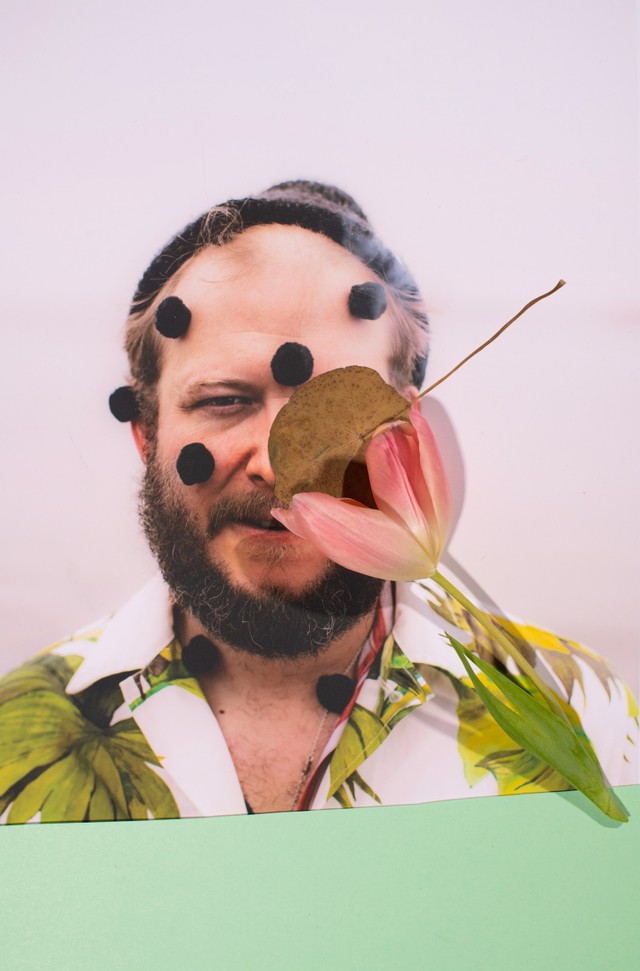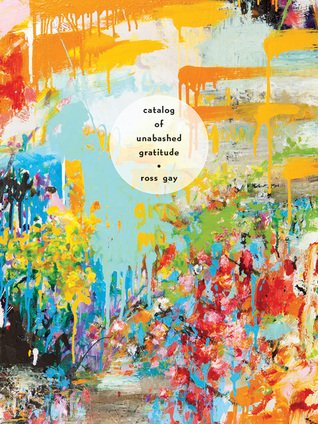

My mother - as I say, she’s talking more about their life together, which was many things, and among them was this sort of difficulty that mostly, they didn’t talk about. Just say a little bit about what you got from what your parents - just your parents getting married meant. And I feel like that’s such an important story that we tell ourselves, because things have changed so much in that regard, at least.

You write a lot about how your mother, especially as she got older - your mother was white, your father was black - that she started to talk about what it was like to get married then. It’s so interesting to me, also, your parents were a mixed-race couple I guess they got married in the era of Loving vs. Tippett: So you grew up between - you said you were born in Youngstown, Ohio, and grew up in Levittown, Pennsylvania, a lineage of farmers and teachers. This conversation unfolded at The Loft Literary Center’s 2019 Wordplay Festival - a brand new, national book festival in Minneapolis. Ross Gay is a professor of English at Indiana University Bloomington and a writer of poetry as well as essays. Tippett: I’m Krista Tippett, and this is On Being. It is not at all puzzling to me that joy is possible in the midst of difficulty. Ross Gay: It is joy by which the labor that will make the life that I want, possible. We practice tenderness and mercy in part because to understand that we are all suffering is one quality of what Ross Gay calls “adult joy.” To attend to and meditate on what you love, even within the work of justice.

To be with him is to train your gaze to see what’s terrible but also to see what’s wonderful and beautiful. Krista Tippett, host: There’s a question floating around the world right now - how can we be joyful in a moment like this? To which Ross Gay responds in word and deed, how can we not be joyful, especially in a moment like this? He is a writer, a gardener - also a former college football player.


 0 kommentar(er)
0 kommentar(er)
